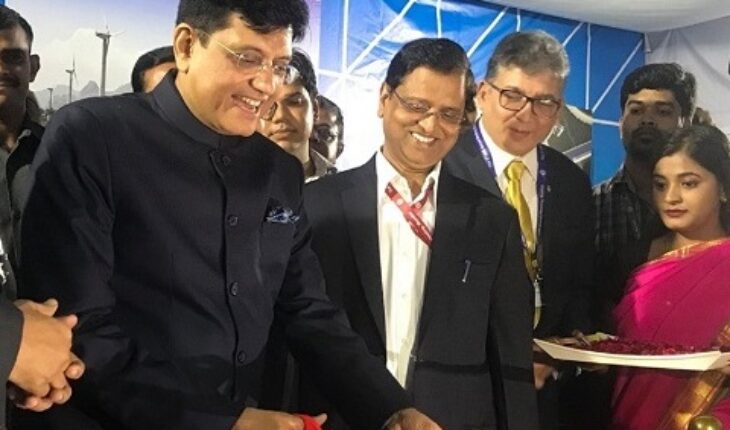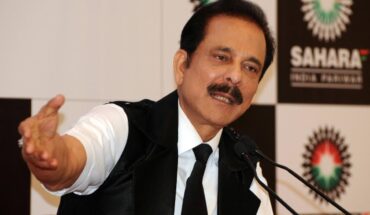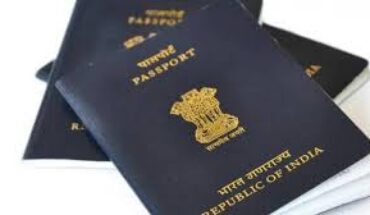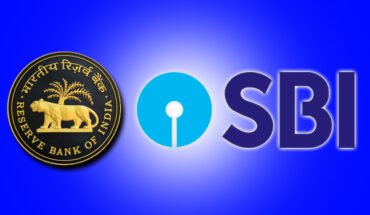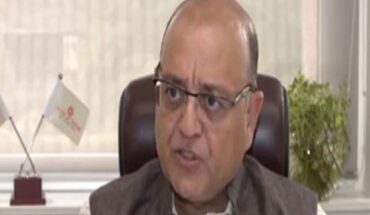Union Finance Minister Piyush Goyal today said that the Asian Infrastructure Investment Bank has matured fast to become an important infrastructure financier globally. “India is the 2nd largest shareholder with a commitment of over 8 billion dollars to the AIIB, and is also the largest recipient of concessional finance for various infrastructure projects,” he said while highlighting India’s growing engagement with the infrastructure world and AIIB.
The Minister was speaking after inaugurating the ”India Infrastructure Expo 2018” here, organised by the Department of Economic Affairs, Ministry of Finance, Government of India, in partnership with the Federation of Indian Chambers of Commerce & Industry (FICCI) on the sidelines of the third Annual Meeting of the Asian Infrastructure Investment Bank (AIIB) at NCPA, Mumbai from 25-26 June 2018.
Pointing out that nearly 25% of the AIIB’s total funds have been committed for projects in India — both in the government sector and the private sector, Goyal said the AIIB Board has approved an investment in the NIIF (National Infrastructure Investment Fund), with the first tranche of $100mn being sanctioned today and to be followed by a similar tranche.
Describing Mumbai as “engine of growth,” financial and commercial capital of India that will also become the infrastructure capital of India, Goyal said “Mumbai — the city that never sleeps — is a vibrant reflection of India’s growing strength globally and a city that is becoming a Smart City with rapidly expanding infrastructure including numerous metro projects, coastal highway, trans-harbor link and new airport coming up in Navi Mumbai.”
The Exposition is using state-of-the-art digital display and offering participants ample avenues to network and hold business meetings with potential partners and investors. The highlight of the Exposition is the oil & gas pavilion with participation of leading public-sector companies, who are showcasing the upcoming projects in their respective areas of operation. Some of the key flagship programs at this Exposition include: Smart Cities, Sagarmala, Bharatmala, Ganga Rejuvenation Plan and the River-Linking project.
The Gujarat and Chhattisgarh governments are partner States — and Maharashtra the host state – for the Exposition. Over 50 organisations participating in the Exposition include leading entities like: IL&FS, Essel Infrastructure, GAIL, JSPL, Wapcos, HPCL, BPCL, NHAI, MMRDA, MIDC, CIDCO, IREDA, ONGC, Indian Oil, EIL and IIFCL.
Earlier, Subhash Chandra Garg, Secretary, Department of Economic Affairs, Ministry of Finance, Government of India, and Sir Danny Alexander, Vice-President and Corporate Secretary, Asian Infrastructure Investment Bank, addressed media queries about the two-day AIIB Annual Meeting 2018 beginning June 25 in Mumbai.
Describing India – which is hosting the AIIB Meet — as an ‘incredibly important’ AIIB member and active participant in funding, Alexander said this Meeting would discuss ideas, experiences for planning future strategies. “AIIB’s headquarters is in Beijing and China has a 31% share-holding, but the AIIB is +apolitical+ as Projects – not Politics – is driving our bank which gives grants to even low income countries. Around 86 countries are AIIB members who are participating here, and Brazil, South Africa, Canada, Egypt and even Latin American nations are some of our new members. The AIIB can consider investing in projects outside Asia to improve connectivity while also emphasizing reduction of carbon emissions,” he said.
“The AIIB’s emphasis is on “Lean, Clean and Green” and we focus on sustainable infrastructure where we have invested upto US$ 4.4 billion in global projects. We are looking at financing areas of transportation including metro lines and even renewable energy projects in India where the AIIB has invested in 6 projects in India to the tune of US$ 1.2 billion,” Alexander said while noting that the AIIB does not finance projects that do not meet its criteria of economics and sustainability.
Noting that the AIIB is funding the Mumbai Metro and Urban Transport, Garg said the government is carefully monitoring entry of foreign companies into India projects and, “on security considerations, would even disqualify Chinese companies in this regard.”
Seminar papers for the Meet highlight India as one of the fastest-growing economies globally that faces challenges in infrastructure development, which is required to sustain its current level of growth across all sectors covering roadways, railways, airports, ports and coasts, besides infrastructure in digital, energy, safe and affordable drinking water, and waste management services.
Recognizing infrastructure development as national priority, the Indian Government has increased total capital outlay on infrastructure to Rs 5.97 trillion. To achieve universal household electrification in both rural and urban areas, the Government is spending Rs 160 billion towards the “Sahaj Bijli Har Ghar Yojana” (Saubhagya). Nearly 40 million households (23% population) were unelectrified when this scheme was launched in September 2017.
The Indian Government is developing 100 Smart Cities by 2022 to improve quality of life, and also stimulate economic growth, create employment and harness new technology, while developing “Greenfield” areas around these ‘Cities’ to accommodate the growing population.
India is a significant investment destination for long-term global infrastructure investors (WEF’s latest ‘Global Competitiveness Report 2017-2018’ ranks India 40th in 137 countries) and, given its booming IT and services sector, has great potential for embracing and implementing new and innovative technologies for infrastructure development through building smart cities, using renewable sources of energy, enhancing regional connectivity, finding new financing options and digitization.
However, India’s infrastructure is far from adequate as the financial requirements to meet this desired level are huge and would require US$ 4.5 trillion worth of investments till 2040 to develop its infrastructure. Undertaking collaborative efforts and learning from similar experiences globally can bring about the required balance in the infrastructure sector.
India and Russia share collaborative ties in various sectors including the mass rapid transportation system, where the Indian Railways is working with Russian Railways to increase speed of passenger trains in India upto 200 kmph—from currently 160kmph. India is looking to expand its ties with Sweden in the capital goods market. The India-Bhutan partnership in the hydropower sector is witnessing clean electricity supply to India while also generating export revenue for Bhutan.


